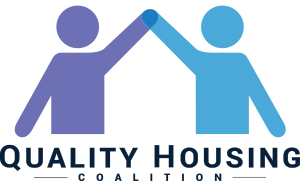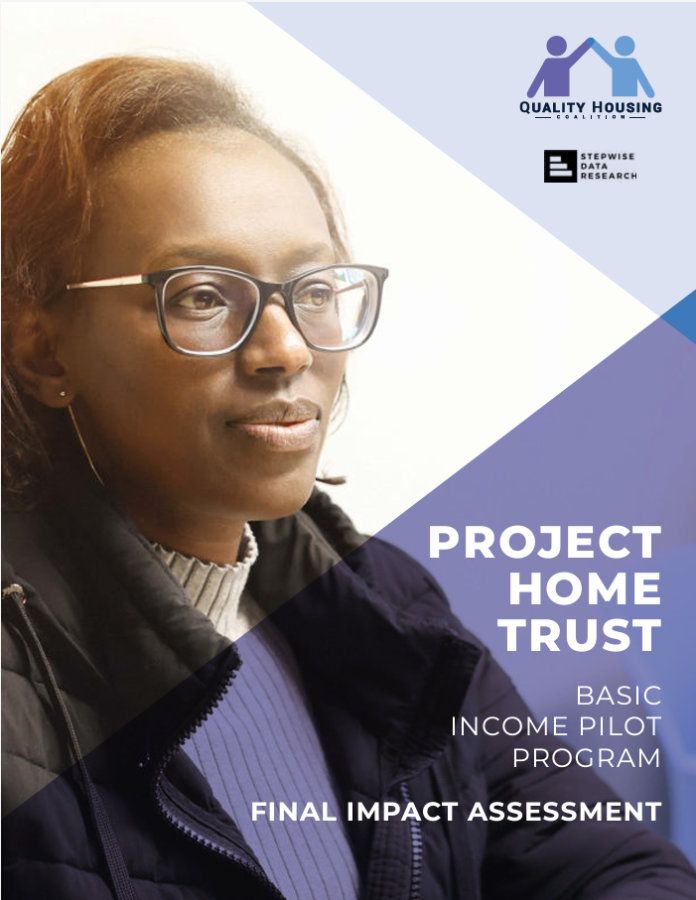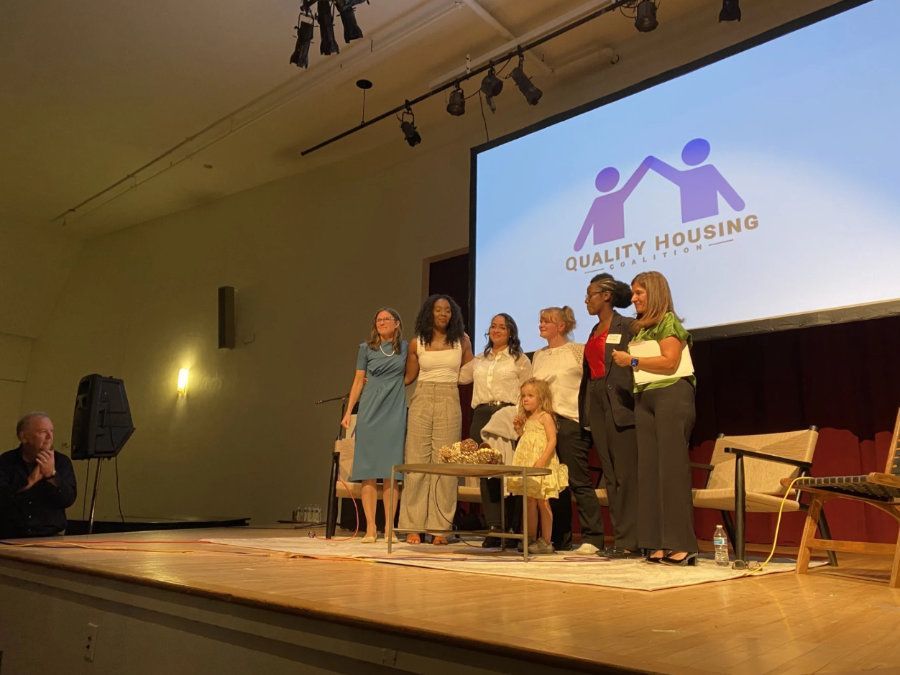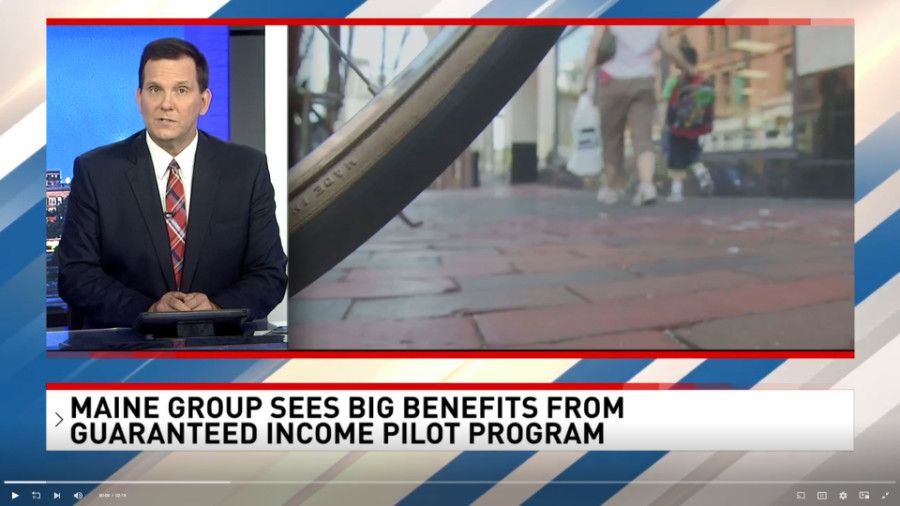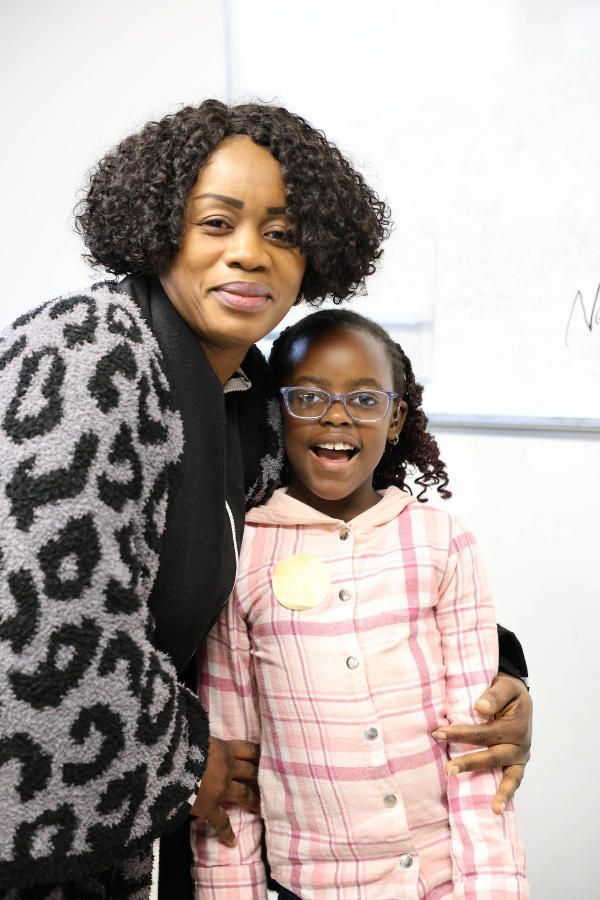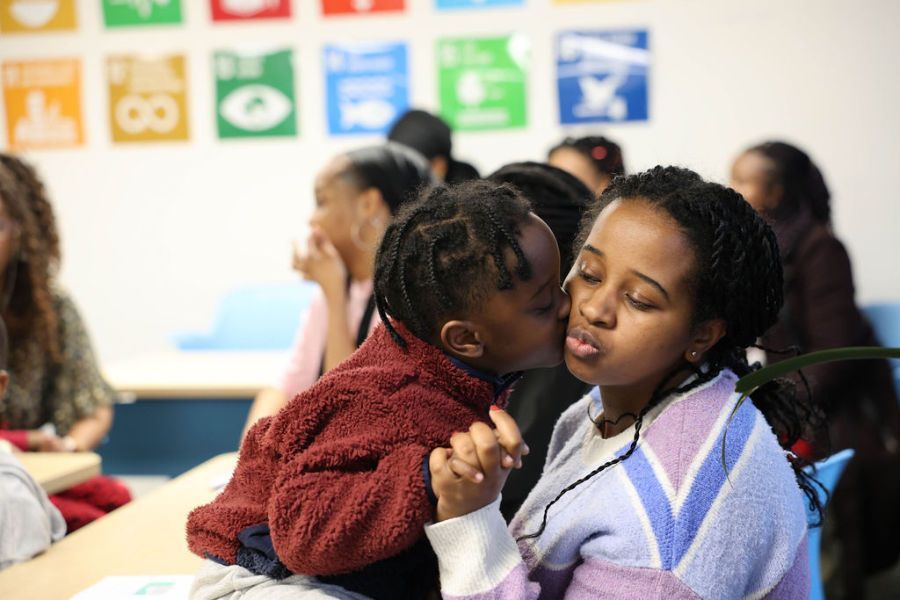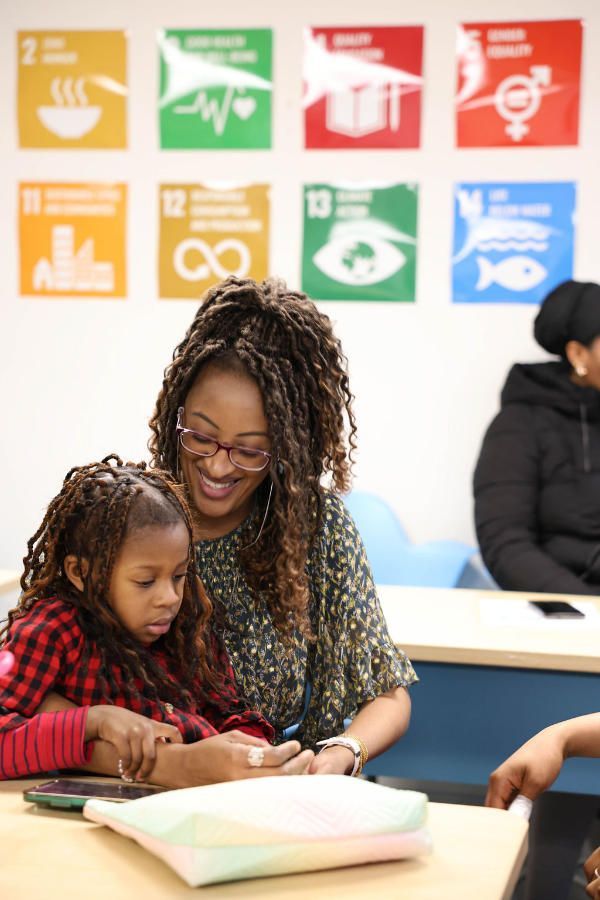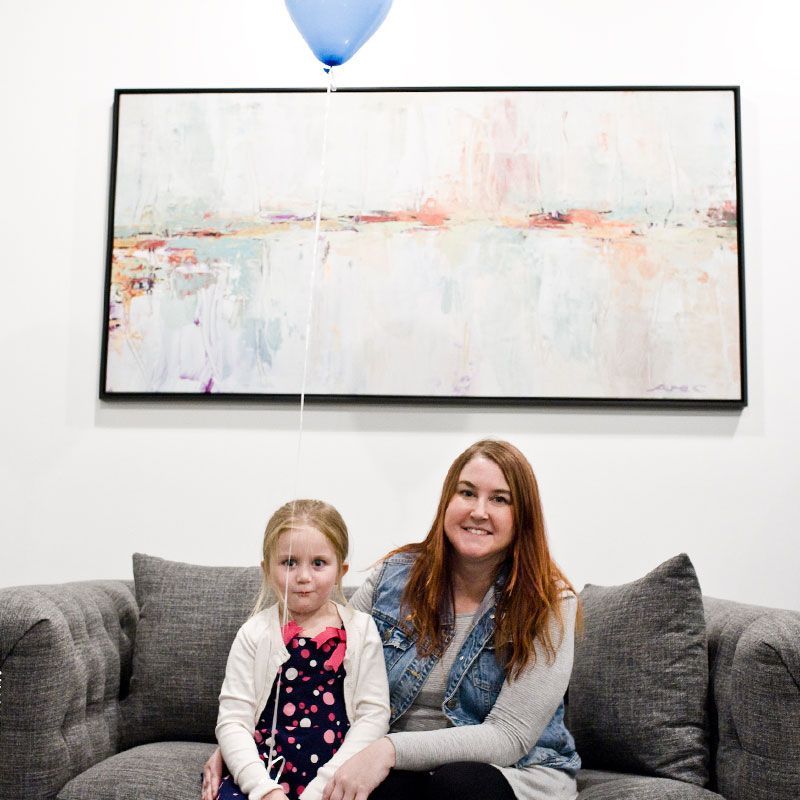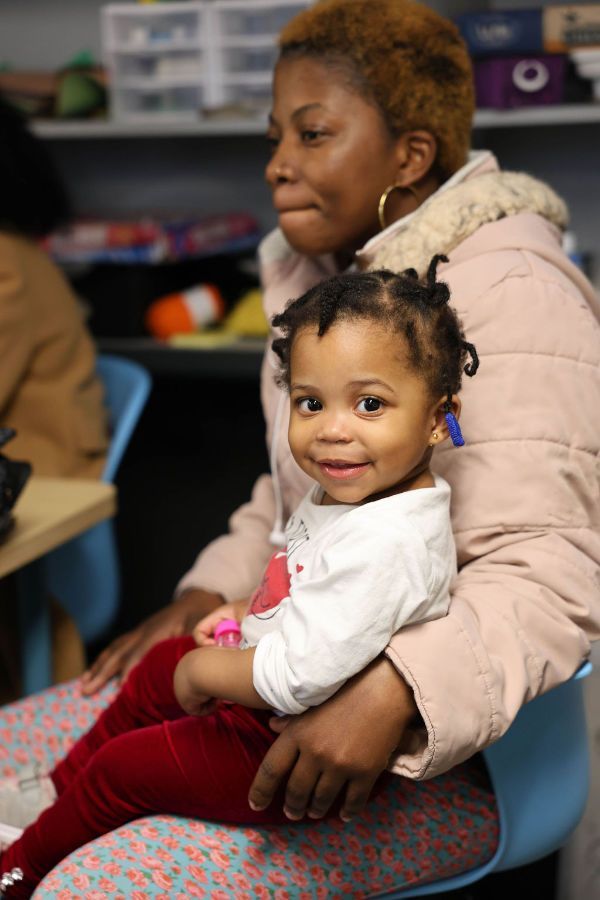Support the Quality Housing Coalition
Donate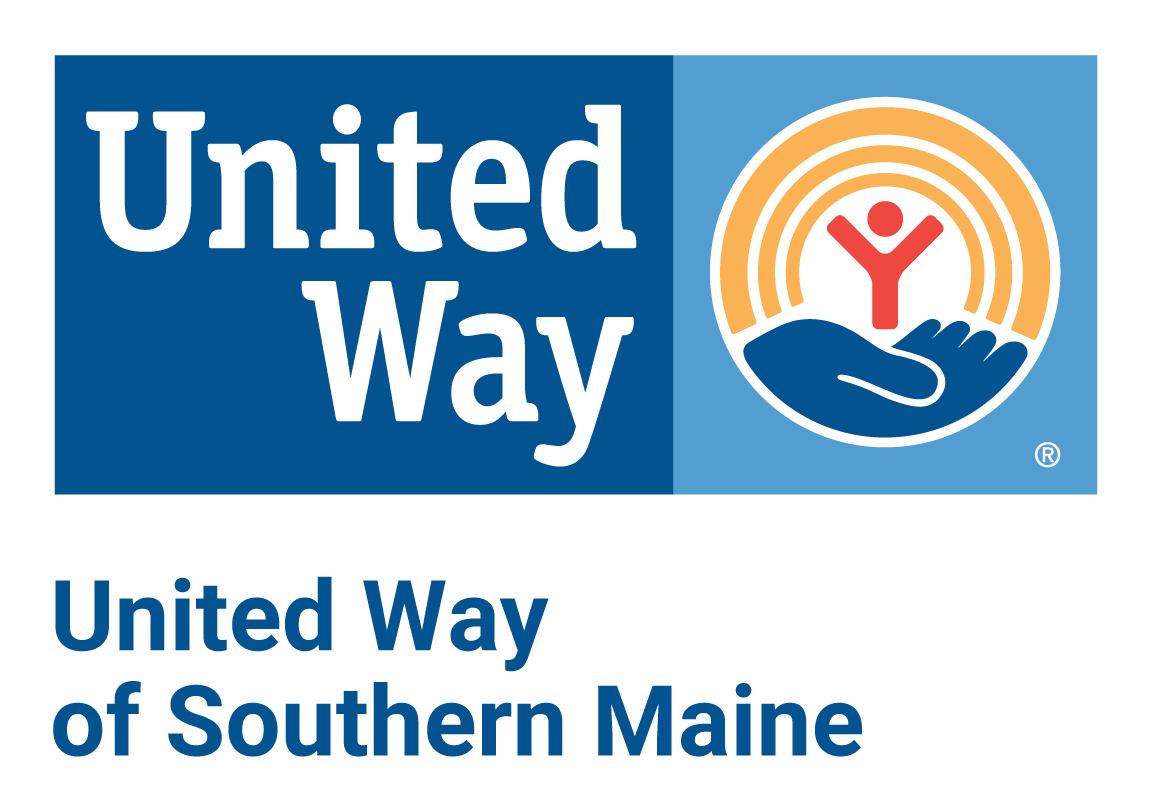
Follow Us
Project HOME Trust
Direct Cash Assistance + Stable Housing + Home Health Outreach Services
for Single Mothers & their Children
Single mothers in Maine face disproportionate challenges. Despite comprising 22% of families with children, a staggering 51% of families living at or near poverty are households led by single mothers. They experience higher rates of homelessness and chronic stress, an increased likelihood of deferring healthcare due to financial strain, and a greater tendency to work part-time, low-wage jobs due to a lack of affordable childcare. They also face higher risks of eviction, often stemming from the interpersonal violence of a domestic partner.
In 2022, QHC convened single mothers housed through Project HOME to help design a trust-based program containing the support they would need to thrive during their most challenging times. Together, they created Project HOME Trust to ensure that single mothers have:
- stable housing
- in-home health navigation to address medical needs and navigate complex health systems, including provider relationships
- monthly direct cash assistance
- a community that meets monthly to learn from and support each other
What is Direct Cash Assistance?
Direct cash assistance refers to financial support provided directly to individuals or households, usually by a government or nonprofit organization, without restrictions on how the money is spent. The purpose is to provide immediate financial relief to help recipients meet their needs, such as food, housing, healthcare, or other essentials.
Why Direct Cash Assistance?
Direct Cash Assistance gives recipients the freedom to spend the money as they see fit, allowing them to address their unique priorities. This model empowers recipients with choice and dignity. Studies show that direct cash assistance reduces poverty, improves health and nutrition outcomes, and boosts educational attainment in children.
What is the Benefits Cliff?
The Benefits Cliff is when an increase in family income triggers reduced eligibility for government programs that help families secure childcare, healthcare, food, and other necessities.
Piloting Two Models
Recurring Monthly Payments
- Direct payment of $1,000 monthly for one year
- Monthly cohort meetings
- Resource support
- Housing navigation
- Health outreach
Lump Sum Payment
- Direct payment of $3,600 for one year
- Resource support
- Housing navigation
- Health outreach
Results from the Pilot Program
From June 2023 to May 2024, the Project Home Trust pilot program distributed monthly payments of $1,000 to twenty low-income, single mothers who had previously experienced homelessness.
The program had a transformative impact: nearly all mothers reported improved health, happiness, and financial stability, including optimism about the future. 89% of the children reported feeling happier.
68%
Improvement in financial security
74%
Improvement in basic needs
42%
Improvement in mental health
57%
Improvement in financial outlook
"Unrestricted cash allowed me to secure childcare while we navigated resources for my mental health."
—Project HOME Trust participant
"Direct cash and home health visits bought me time to identify and address symptoms of diabetes and hypertension early enough."
—Project HOME Trust participant
"It reduced stress on paying for basic expenses like rent. I’m less worried about getting evicted at any time and payments are made on time now."
—Project HOME Trust participant
Maine's housing affordability and supply crisis, in addition to its health and economic crisis for low-income single mothers, is worse than it's ever been. In response, in 2023, Project HOME Trust conducted a randomized control trial of 20 low-income single mothers and their 33 children—each provided with stable housing, in-home health navigation, $1,000 monthly direct cash assistance, and monthly cohort gatherings to share and learn together.
The results were striking: improved financial stability and health, reduced stress, and optimism about the future. In addition, the mothers became more optimistic about their parenting and began prioritizing their own health and connecting with women in their communities to share resources and health education.
At the end of the program, 89% of the participant children reported feeling "very happy" compared to 42% of the children in the control group.
Click the button below to download the full report.
FAQs
What is the Project Home Trust Cash Assistance Program?
Project Home Trust is a direct Cash Assistance program of $1000 per month to 20 mother-led households for a period of 12 months. The purpose of this program is to stabilize homes by investing in families and to show the impact of unrestricted cash assistance on the economic stability of participants, as well as its impact on participants’ overall health and well-being.
How are participants selected?
The participants will be selected by lottery from the pool of eligible applicants who meet the stated eligibility requirements and submit an application during the application enrollment period.
What is the “control group?” Is there a benefit for participating?
After participants are selected, another 20 applicants will be randomly chosen to participate in the research study only, as part of the “control group.” Control group participants will not receive the monthly payment. They will complete quarterly surveys and interviews about their well-being so that information can be compared to the “participant group” and help determine whether or not the program was effective. Control group participants will receive $30 gift cards for each survey completed.
How will the research study work? How will success be measured?
QHC, along with our research partners Stepwise Data Research will conduct quarterly surveys on both the participant group as well as the control group to measure the project's outcomes. These surveys will provide information on different aspects of their overall health and well-being across different domain areas.
If selected, how will I receive my monthly Guaranteed Income distribution? Do I need to have a bank account?
Monthly payments to participants will be distributed through direct deposits. All participants will need to have a bank account.
Who will I be engaging with if I’m selected to participate?
The QHC team will answer questions from applicants, contact participants as needed, and troubleshoot any issues that arise over the course of the program.
How will I know if I’ve been selected as a participant?
QHC will contact selected participants using the contact information provided with the application. If you are selected, QHC will reach out to you directly and also send a confirmation letter for participation in the program.
Will I hear from someone if I wasn’t chosen?
QHC will contact applicants who were not selected to be part of the program participants, if they checked the box allowing them to participate in the control group.
Will my public benefits be affected by participating?
Some benefits could be affected while others will not be affected at all. Applicants will have an opportunity to talk to a benefits counselor about their specific situation regarding any public benefits they are receiving such as MaineCare, SNAP, TANF, Section 8 and others before starting in the program. At that time, they will be able to decide whether or not they want to participate.
Glossary of Terms
Area Median Income (AMI): AMI is the median income calculated for a particular area across each region as determined by Maine Housing.
Participants: People who have been selected to receive Direct Cash Payments of $1,000 per month for 12 months.
Control Group: People who will not receive the Direct Cash Payments but have been invited to participate in the research activities.
Quarterly Surveys: The quarterly surveys are a complete overview of your demographic background, mental, physical, and financial health, goals, and overall well-being taken by program participants every three months. The survey may take approximately 20 minutes to complete. . The survey must be completed in person.
Cash Distribution: The cash distribution is the monthly payment amount of $1,000 that is given to participants on the program. These payments will be disbursed through monthly checks.
In The News
Interested in participating?
We are no longer accepting applications to the current cycle of this program. Please check back later.
